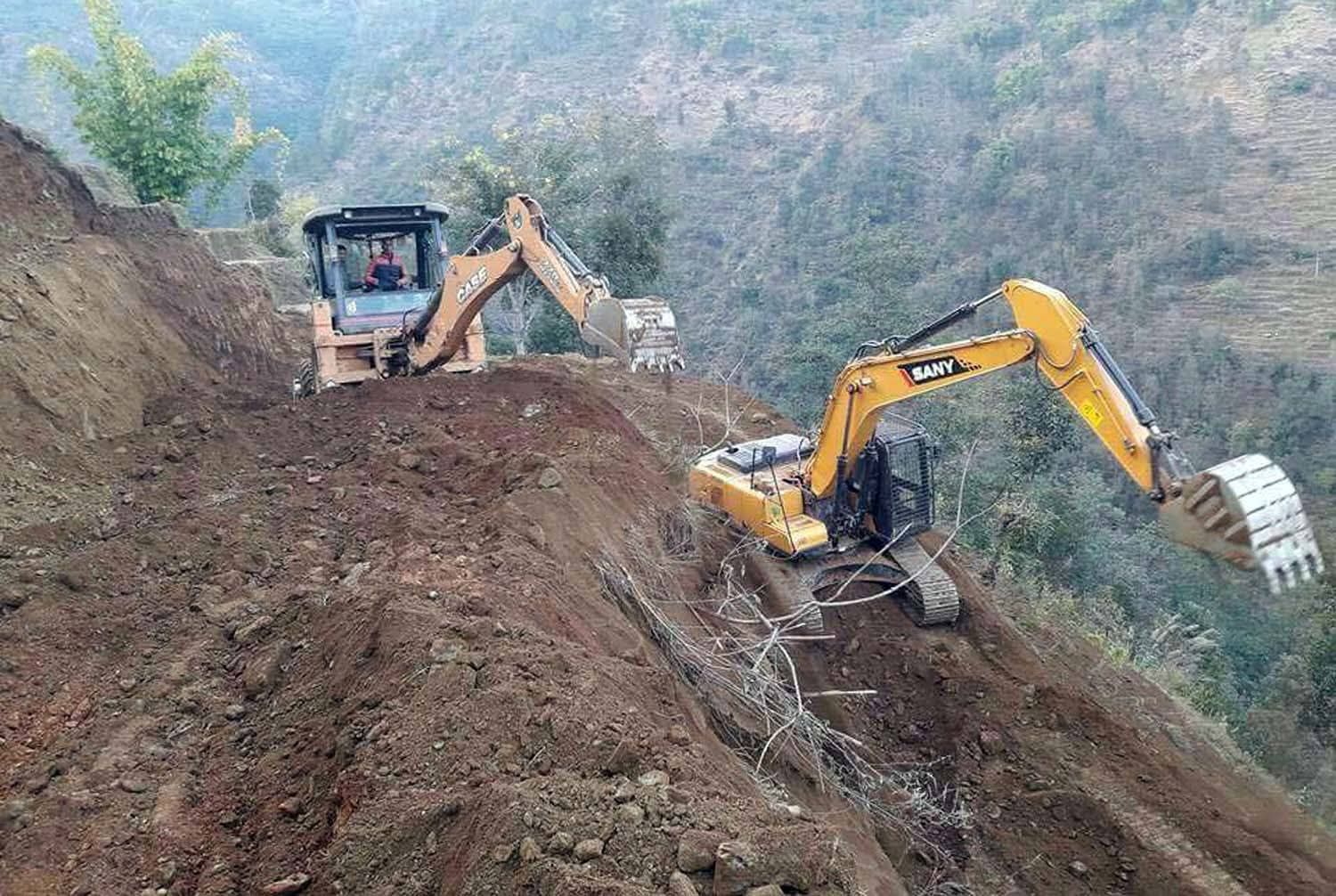Kathmandu, May 28, 2025 – The transition to a federal democratic republic has significantly reshaped Nepal’s governance landscape, particularly at the local level. Since the republic’s declaration in 2008, Nepali citizens have witnessed transformative changes in infrastructure, services, and governance, bringing the state closer to the people.
Local governments, established under Nepal’s federal system, have played a pivotal role in decentralizing governance, enabling citizens to access public services directly within their communities. This shift has not only improved public infrastructure but also empowered marginalized communities, fostered economic development, and strengthened civic participation.
Infrastructure and Services: A Local Revolution
Before the advent of the republic, many rural areas of Nepal were inaccessible and underserved. However, under the leadership of locally elected representatives, gravel and paved roads now connect previously isolated villages. Clean drinking water has reached almost every household, and health facilities with 5 to 15 beds have been established in local municipalities, providing essential healthcare services.
Local governments have also introduced innovative campaigns, such as health insurance programs and free cataract surgeries for senior citizens, delivering life-changing benefits to vulnerable populations. These achievements are indicative of the power of local governance to address community-specific needs.
Economic Empowerment Through Local Initiatives
To promote self-sufficiency and job creation, local governments have prioritized small-scale industries, fostering the production and consumption of local goods within their jurisdictions. This approach has not only bolstered local economies but also contributed to the national goal of reducing unemployment and ensuring sustainable development.
Federalism’s Role in Inclusion
One of the most significant outcomes of federal governance has been the inclusion of historically marginalized communities in decision-making processes. Local elections have brought representatives from diverse backgrounds into policy-making roles, creating a more inclusive and equitable governance structure.
Arunadevi Rai, Chairperson of Jantedhunga Rural Municipality, emphasized that federalism has granted historically disadvantaged communities the opportunity to shape policies and influence development in their areas. Similarly, other representatives have highlighted the increased accessibility to government services and resources as a hallmark achievement of the republic.
Strengthening the Republic Through Local Governance
Representatives from various provinces have unanimously attributed the tangible improvements in public services and infrastructure to the federal structure. “Local governments have been instrumental in fostering the growth and stability of the republic,” noted Dharma Raj Shahi, Mayor of Raskot Municipality. His sentiments were echoed by other leaders who pointed to visible changes, such as urban beautification, heritage conservation, and technology-driven services, as evidence of the republic’s success.
Challenges and the Way Forward
While the republic has delivered significant progress, representatives like Santlal Prasad Chaudhary, Mayor of Gujara Municipality, acknowledge that citizens’ expectations have not been fully met. He emphasized the need for local governments to continue outperforming their provincial and federal counterparts to instill greater confidence in the governance system.
As Nepal celebrates its journey under a federal democratic republic, the achievements of local governments serve as a testament to the power of decentralized governance. With 31,416 elected representatives actively serving in 753 local units, the foundation of the republic remains strong. However, continued collaboration and innovation will be essential to sustaining and expanding these successes.
Ecosphere News Perspective
The evolution of local governance in Nepal underscores the potential of federalism to address grassroots challenges and uplift communities. Ecosphere News remains committed to highlighting such transformative stories, advocating for informed policy-making, and encouraging dialogue to further Nepal’s sustainable development journey.